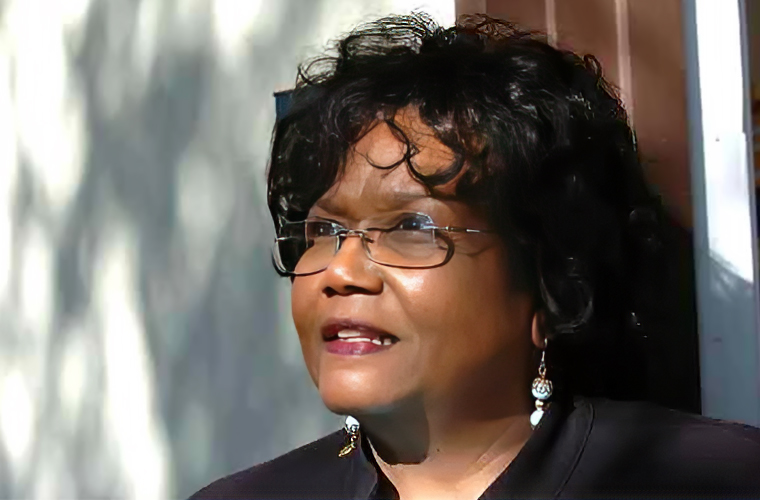Melba Patillo Beals was a prominent figure in the American civil rights movement. Born on December 7, 1941, in Little Rock, Arkansas, Beals was one of the Little Rock Nine, a group of African-American students who were the first to integrate Little Rock Central High School in 1957. Beals’ courage and determination in the face of adversity helped pave the way for future generations of civil rights activists.
Beals’ childhood was marked by segregation and discrimination. She attended segregated schools and was not allowed to use public facilities designated for whites. Despite these obstacles, Beals excelled academically and was determined to receive a quality education. In 1957, she and eight other African American students were selected to integrate Little Rock Central High School, a previously all-white school.
The integration of Little Rock Central High School was met with resistance and violence from white segregationists. Beals and her fellow students were subjected to verbal and physical abuse and were even threatened with death. Despite these threats, Beals remained committed to her education and continued to attend school.






Beals’ experiences at Little Rock Central High School were documented in her memoir, “Warriors Don’t Cry,” which was published in 1994. The book details the struggles and triumphs of the Little Rock Nine and has become a seminal work in the civil rights movement. After graduating from high school, Beals attended San Francisco State University and later earned a master’s degree in journalism from Columbia University. She went on to work as a journalist and a television news reporter, covering stories related to civil rights and social justice.
Beals’ activism did not end with her time at Little Rock Central High School. She continued to work for civil rights throughout her life, serving on the board of directors for the NAACP and working with organizations such as the Southern Christian Leadership Conference. Beals’ contributions to the civil rights movement have been widely recognized. In 1998, she was awarded the Congressional Gold Medal, the highest civilian honor awarded by the United States Congress. She has also been honored with numerous other awards and accolades for her work in promoting civil rights and social justice.
Today, Beals’ legacy lives on through her writing and activism. Her courage and determination in the face of adversity continue to inspire future generations of civil rights activists. As we reflect on her life and legacy, we are reminded of the importance of standing up for what is right and just, even in the face of opposition and adversity.

